Meet Anne Claudel. Anne has a M.Sc. in Civil Engineering and is currently a Wellsite Leader for a major oil company. For the past 10 years, Anne has worked all over the world in various positions of both the onshore and offshore oil and gas industry, that include locations like the high Arctic. Women Offshore was fortunate to ask Anne some questions about her remarkable career:
Anne, what inspired you to work on the water?
“I was attracted by the oil & gas industry. Offshore being one of the many environments the industry operates in. It is one of the nicer environments, compared to a camp in the desert or the Arctic!”
Tell us about your most memorable experience.
“The first time the chopper took me offshore, I felt immensely proud to be one of the few people (and women) whose way of commuting is a helicopter. Then I fell fast asleep – as that is what a chopper ride does to you!”
What motivates you to continue working on the water if it’s a long-term career for you?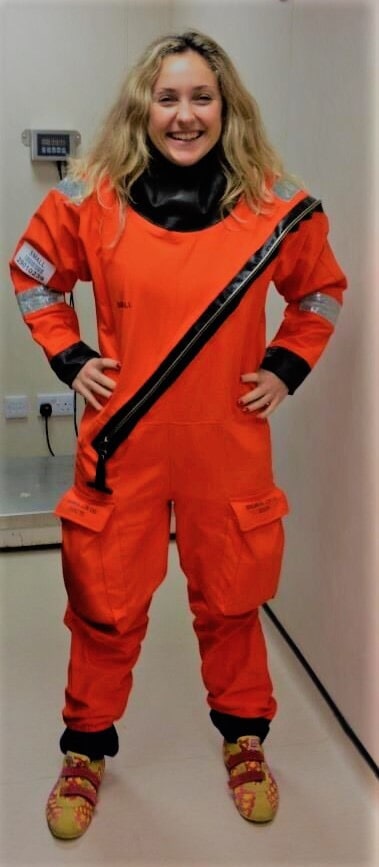
“Feeling bad-ass! The pride that fills me whenever I step offshore, on a chopper, in a camp in the middle of nowhere, is priceless.
Colleagues offshore become a second family as I spend 24/7 with them when on the water; this feeling of community having my back does not exist in an office. The rotation lifestyle suits me: high intensity work followed by time off. And let’s be honest, the money is good.”
You have worked both onshore and offshore in oil and gas. How does your work experience on vessels enable or benefit the positions you’ve had on shore?
“Working in harsh environments builds credibility and gets people to show respect.”
What challenges have you faced in your career?
“I have lived in 7 countries in 10 years. Adapting to new cultures and languages is both a challenge and very interesting: it developed my cultural awareness, my respect to others, my adaptation skills. That makes having a personal life tricky though.
I have to mention the obvious challenge of being a woman in a male dominated industry, facing the stares and getting the question, “Why would a woman do this job?” To which I answer something silly like, “I like expensive shoes.” Also, I have different interests – it sometimes gets old having to listen to conversations about football / hunting / ‘picking up’ women.”
What do you think can be done in your industry to encourage more women to pursue similar careers?
“Role models: having a fulfilling offshore career and personal life is possible and very rewarding. Once we have the momentum – once we get to the tipping point – the offshore environment will become more adaptive, supportive and welcoming for women.
Featuring profiles, like Women Offshore does, is a great way to show the many career opportunities and how rewarding they can be.
Talking with high school students to open up their horizons is also very important.”
Thank you, Anne! We greatly appreciate that you shared your career with us! Best of luck to you!
Save
Save
Save
Save
Save

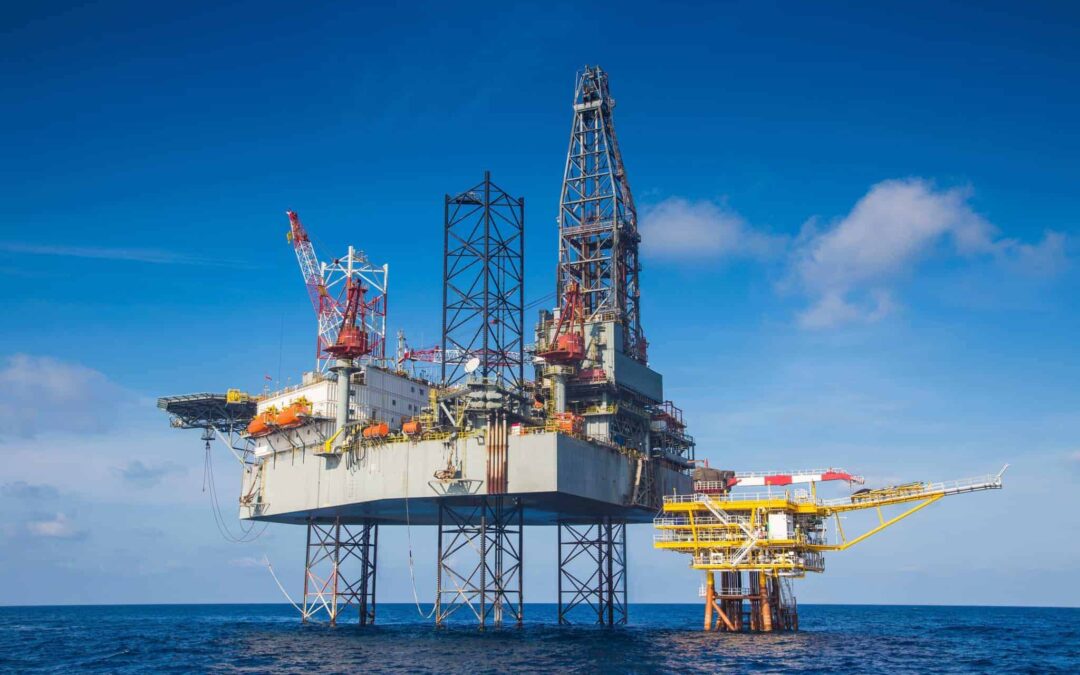

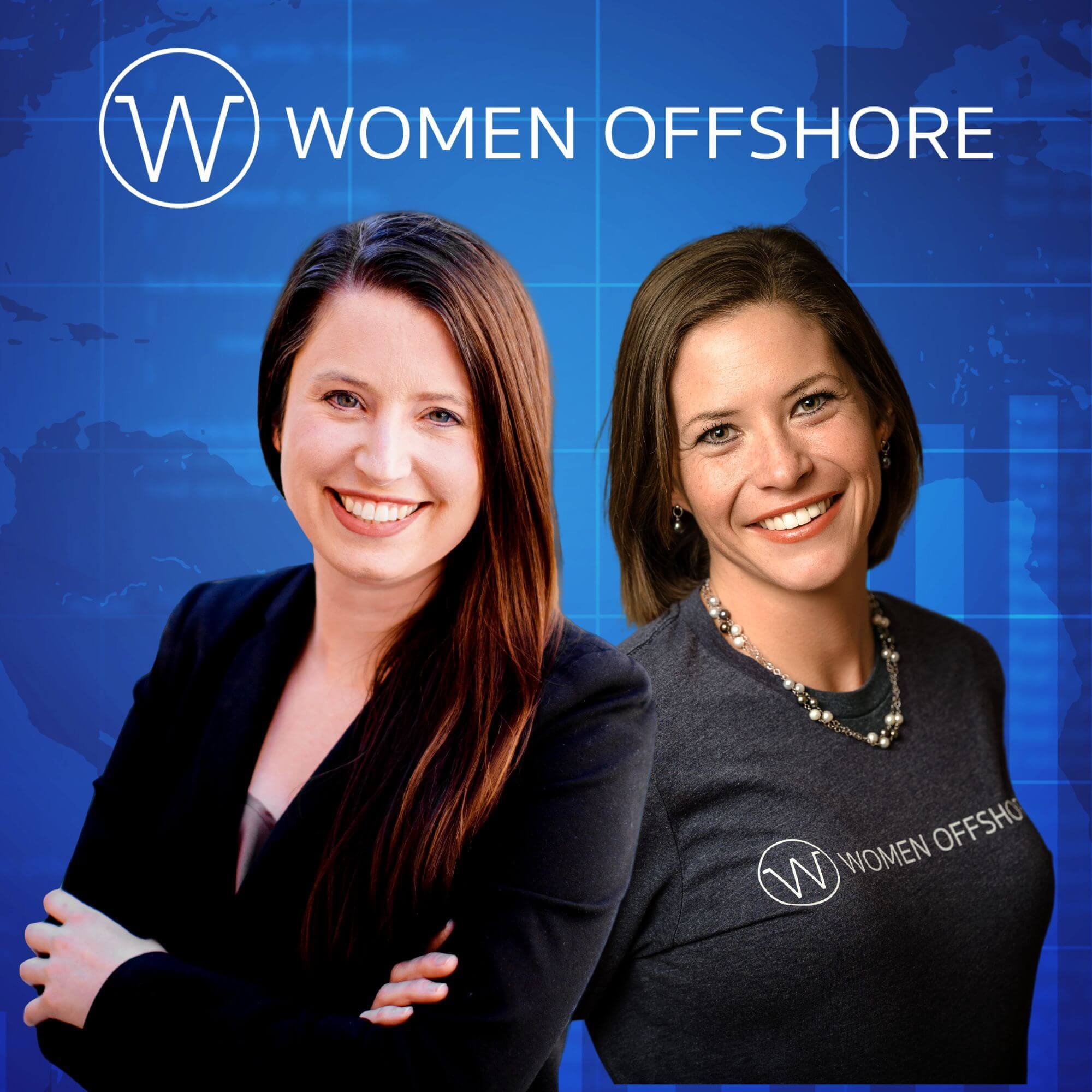
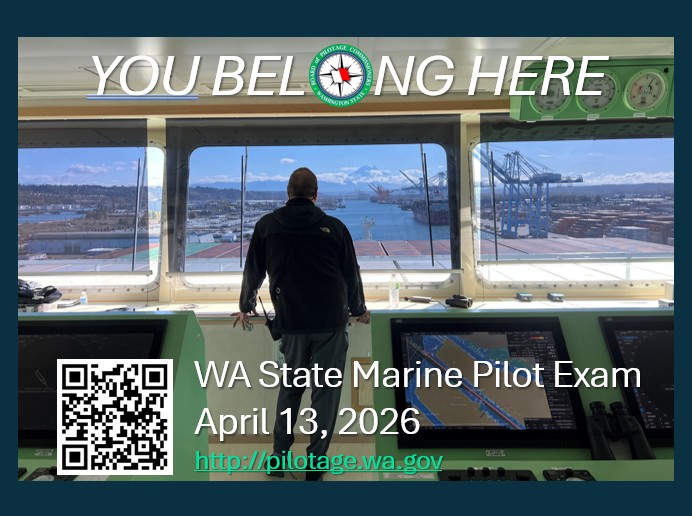

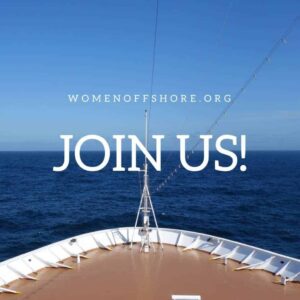
Recent Comments